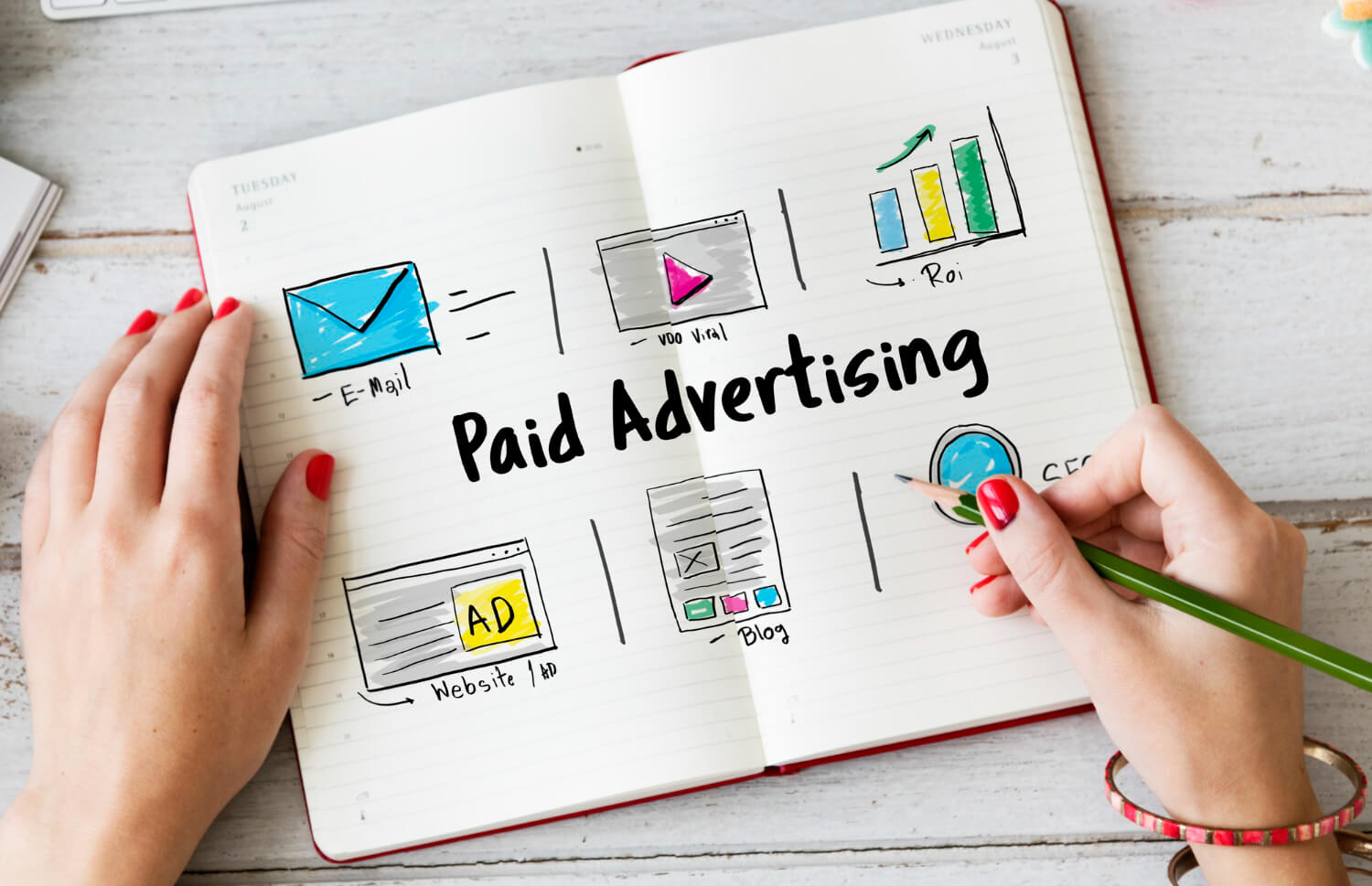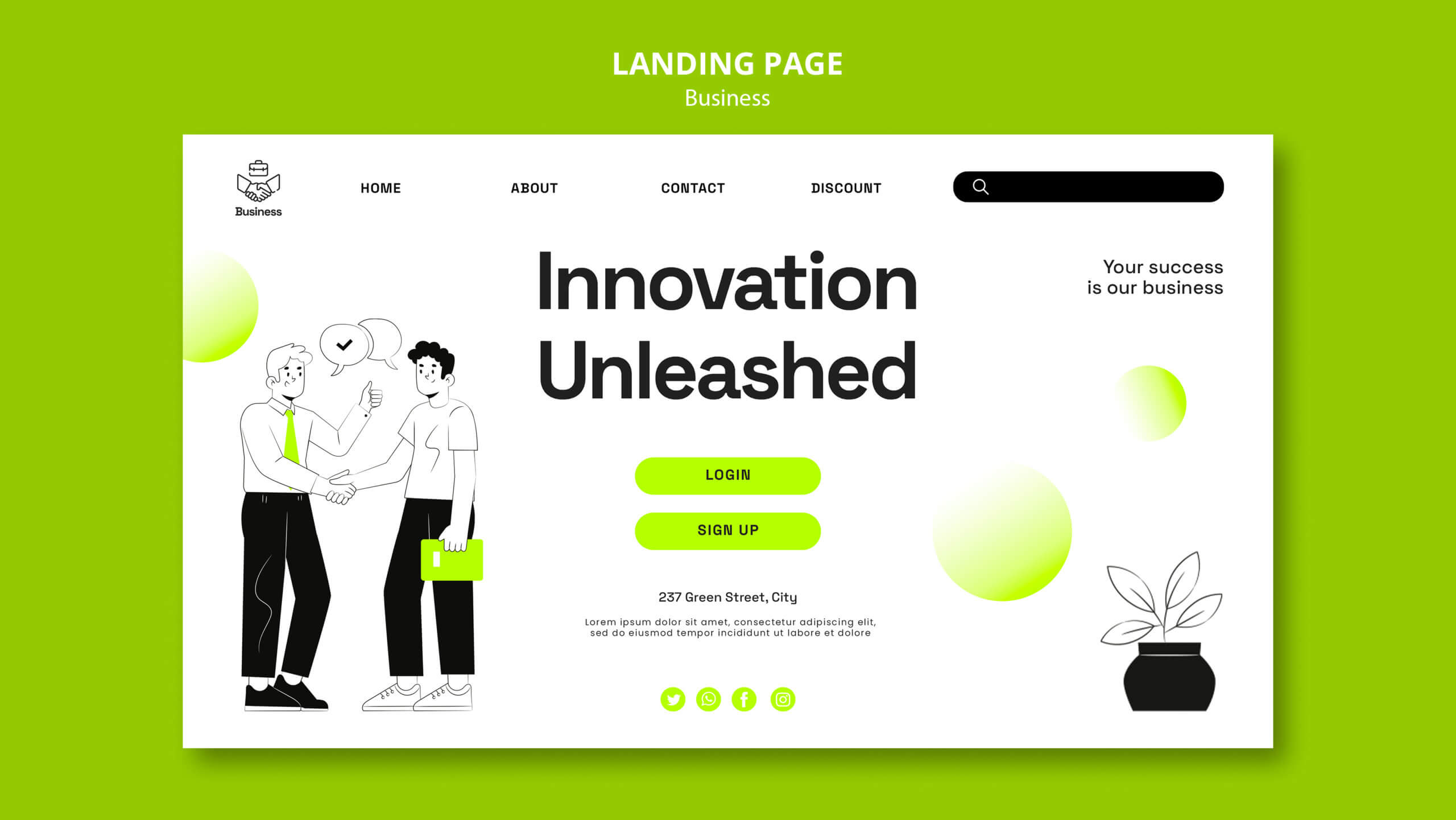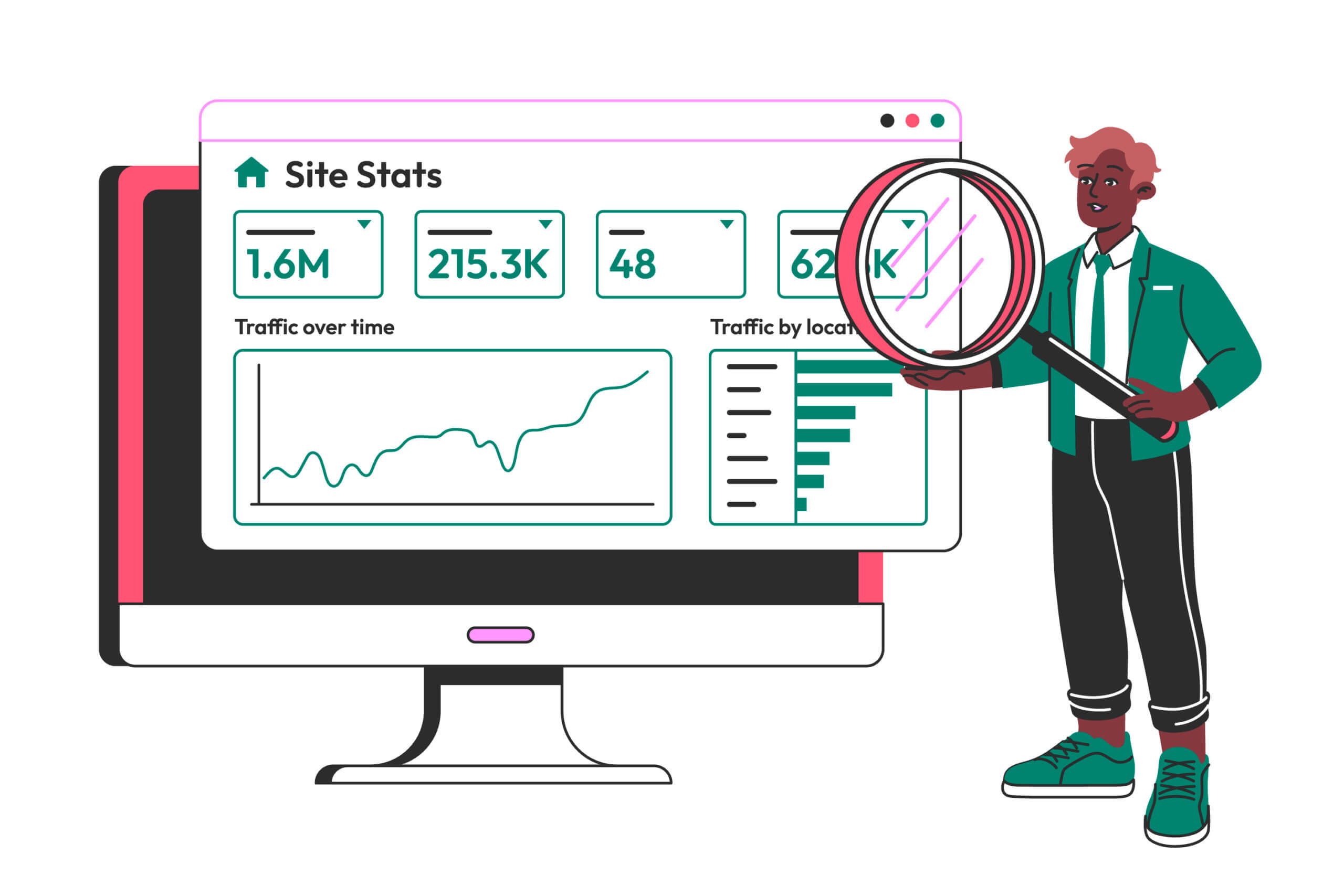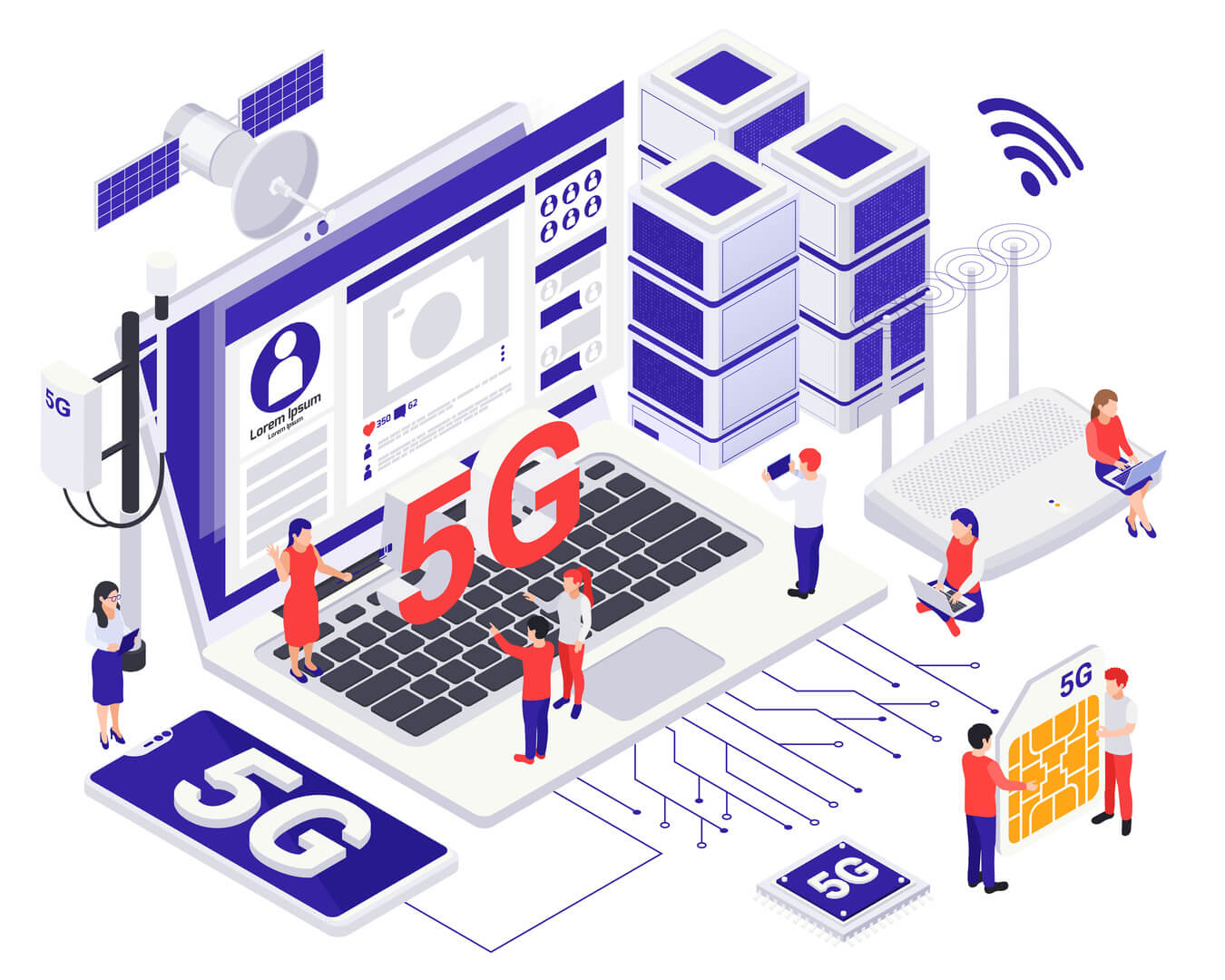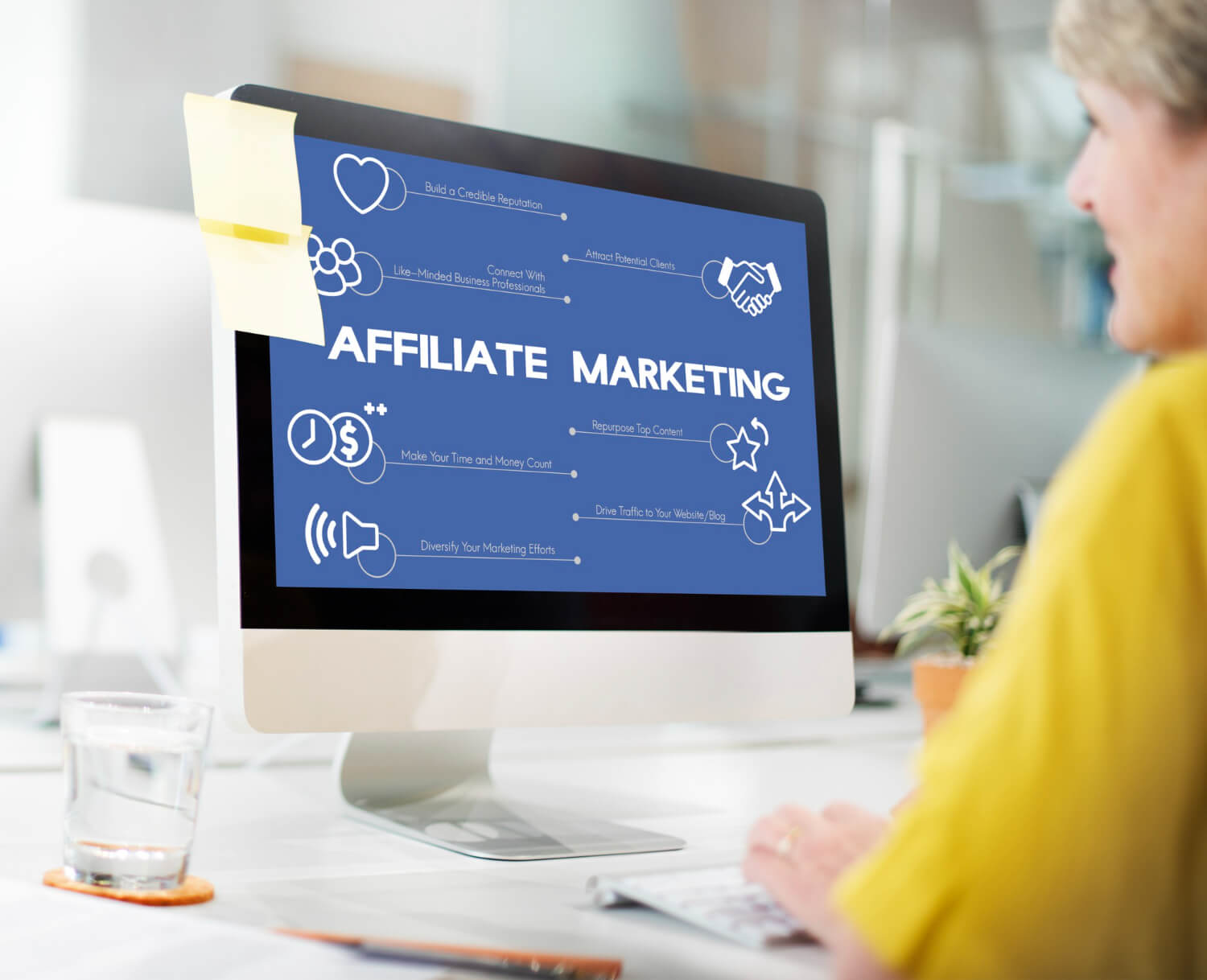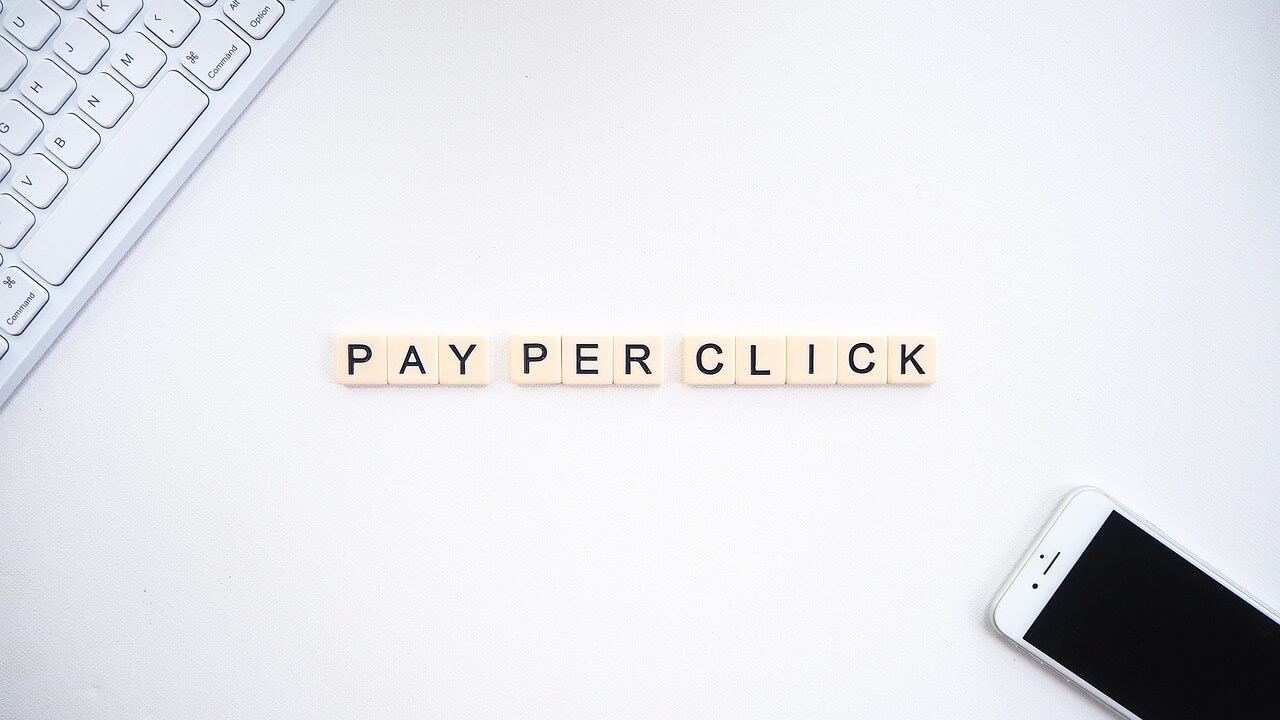
Pay-Per-Click (PPC) advertising, particularly through Google Ads, is a powerful digital marketing strategy that can deliver quick and measurable results. However, to make the most of your investment and achieve a high return on investment (ROI), it’s crucial to employ effective PPC advertising strategies. In this blog post, we will explore how you can maximize your ROI with Google Ads and drive meaningful results for your business.
Set Clear Goals and Objectives
Before launching a PPC campaign, define your goals and objectives. Are you aiming to increase website traffic, generate leads, or drive sales? Clear goals will guide your campaign structure, keyword selection, and ad copy creation.
Conduct Thorough Keyword Research
Keyword research is the foundation of successful PPC campaigns. Identify relevant keywords that align with your business, products, or services. Use keyword research tools to uncover high-value keywords with moderate competition. Refine your keyword list over time based on performance data.
Optimize Landing Pages
Your landing pages play a crucial role in converting PPC traffic into leads or sales. Ensure your landing pages are optimized for relevant keywords and provide a seamless user experience. Use compelling headlines, persuasive copy, and clear calls-to-action (CTAs) to encourage conversions.
Create Compelling Ad Copy
Craft persuasive ad copy that grabs attention and entices users to click. Incorporate your target keywords in the ad headline and description. Highlight unique selling points, benefits, or promotions to differentiate yourself from competitors. Test different ad variations to find the most effective messaging.
Implement Ad Extensions
Take advantage of ad extensions offered by Google Ads to enhance your ad’s visibility and provide additional information to users. Extensions such as sitelinks, call extensions, and location extensions can improve click-through rates and conversions.
Monitor and Refine Keyword Bids
Regularly monitor your keyword bids to ensure you’re getting the most out of your budget. Identify underperforming keywords and adjust bids accordingly. Allocate more budget to high-converting keywords to maximize ROI. Consider using automated bidding strategies offered by Google Ads for efficient bid management.
Leverage Audience Targeting
Refine your targeting by leveraging audience data. Use demographic, geographic, and interest-based targeting options to reach your ideal audience. Consider creating separate ad groups or campaigns for specific audience segments to tailor your messaging and bids.
Track Conversions and ROI
Implement conversion tracking to measure the success of your PPC campaigns. Set up conversion tracking codes on relevant landing pages to track key actions such as form submissions or purchases. Analyze conversion data to optimize campaigns, ad groups, and keywords.
A/B Test and Iterate
Continuously test and refine your PPC campaigns to improve performance. Conduct A/B tests on ad variations, landing page layouts, and targeting options. Use the data collected to make data-driven decisions and iterate on your strategies.
Conclusion
Maximizing your ROI with Google Ads requires strategic planning, continuous optimization, and data-driven decision-making. By setting clear goals, conducting thorough keyword research, optimizing landing pages, and creating compelling ad copy, you can create effective PPC campaigns that drive meaningful results. Regularly monitor performance, refine targeting and bidding strategies, and track conversions to continually improve your ROI. With careful planning and optimization, PPC advertising
can become a valuable component of your digital marketing strategy, delivering impressive returns for your business.




